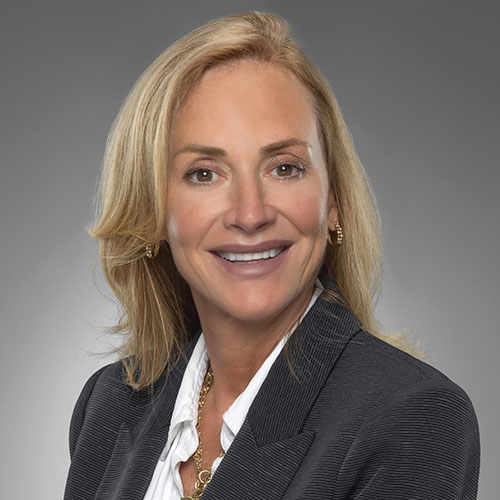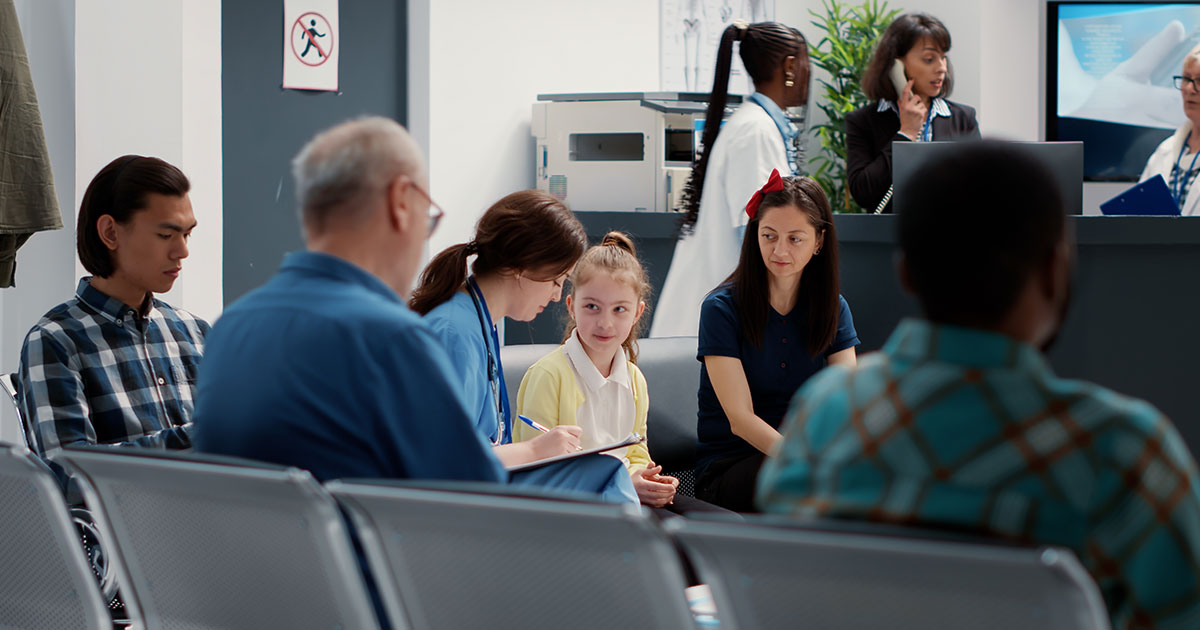We’ve come a long way in telehealth, from a fringe healthcare offering to an indispensable piece of the care continuum.
To put things in perspective, 85% of physicians report using telehealth, according to The American Medical Association’s recent study on telehealth utilization. In the report:
- 60% of clinicians agree or strongly agree that telehealth enables them to provide high quality care
- 56% of clinicians are motivated to increase telehealth utilization
Telehealth has seen a major jump over the past few years. It is a tool that provides value to hospitals and medical practices while increasing access to care for patients.
Patients are at the heart of everything we do in healthcare, so anything that can increase access and improve the patient experience should be prioritized. That’s where telehealth fits in. It should be a pivotal component of our strategy going forward as we look to deliver better results and more value.
According to AMA, 80% of clinicians believe telehealth increases access to care. That is a vital statistic, particularly in our current staffing crunch. But the most interesting statistic from the AMA report looks at the patient experience. No less than 62% of patients feel they have a higher satisfaction due to telehealth.
This is amazing. It is very telling about where we are as a society in our journey with technology. Patients are more comfortable utilizing technology and interacting with service providers in a virtual setting. For healthcare, that represents a great opportunity – and we are seeing the same narrative play out on the locum tenens side of healthcare staffing. In particular, behavioral health patients often cite a better experience with virtual medicine.
In our own report earlier this year, we saw a big increase in telehealth utilization among locum tenens clinicians. The majority of respondents said they plan to expand telehealth coverage in the coming year.
Even with that, there remains a lag in adoption for certain specialties, including hospital medicine, critical care, oncology, urology and pulmonary medicine. Currently, psychiatric services dominated locum tenens telehealth services. For LocumTenens.com, behavioral health accounts for 79% of telehealth services, but we are starting to see a shift as hospitals look to other specialties.
Beyond the patient experience, there is immense potential for healthcare providers to see benefits from telehealth. Just look at the crushing demand in our Emergency Departments. Telehealth can help to alleviate overcrowded EDs, freeing up providers for more acute cases while also lowering cost.
We have more data than ever before on telehealth and its benefits. It’s getting harder to make arguments against a robust telehealth strategy to supplement onsite clinicians. That data all points to more telehealth utilization in the coming year. Locum tenens clinicians will be a major factor in meeting this need and growing access to high-quality care for patients.

About the author
Diana Adler
EVP, Hospital Medicine
Diana joined LocumTenens.com in 1999 and quickly became one of the company's most successful recruiters, holding company records even after transitioning into larger management roles. Diana became a partner at LocumTenens.com in 2004 and was first promoted into a vice president role in 2008. Diana is responsible for overseeing the company's Primary Care, Hospital Medicine Neurology and Anesthesia divisions. Prior to joining LocumTenens.com, she gained recruiting experience at an executive recruiting firm and later at an Atlanta practice management company. A native of Buffalo, NY, Diana graduated summa cum laude from Boston University.





